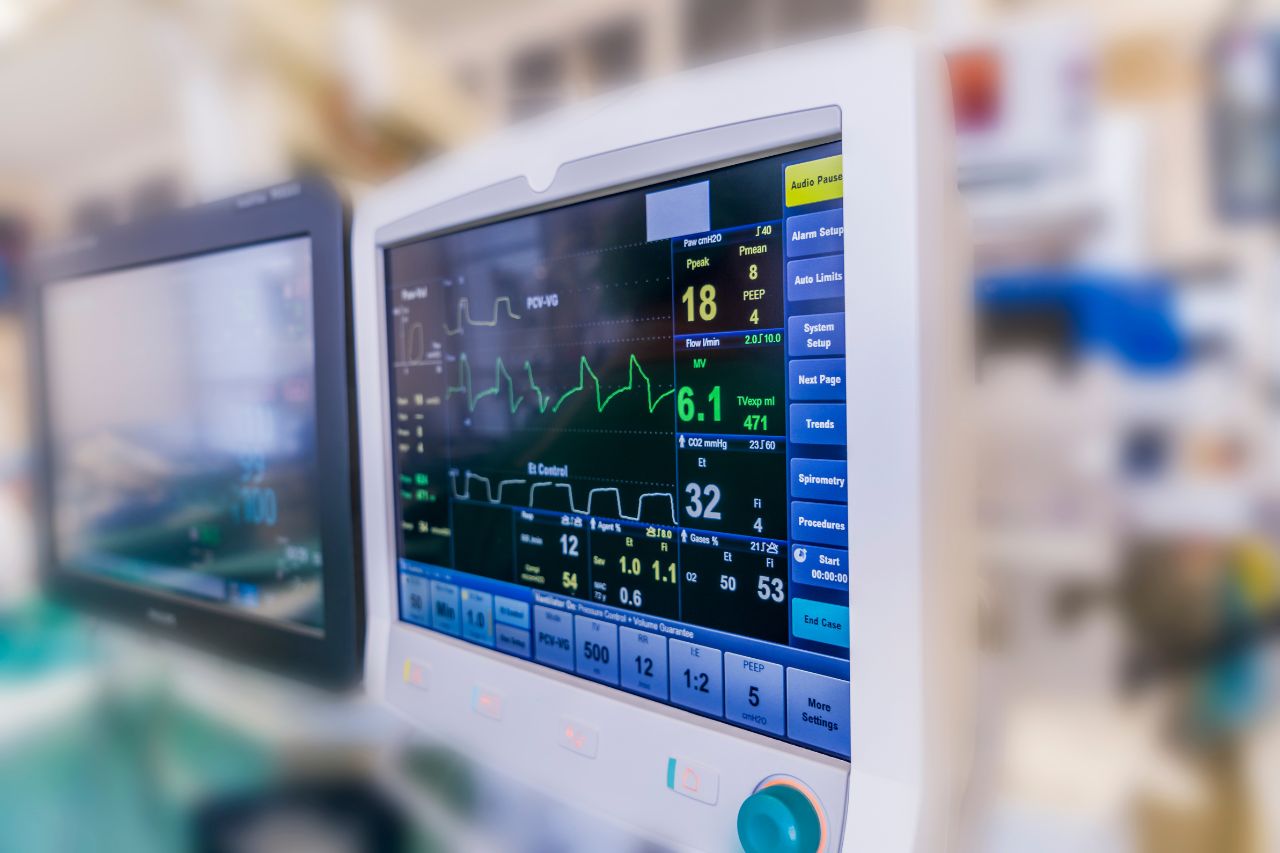Criteria for Major Depressive Disorder Diagnosis

Major depressive disorder (MDD), or what is also called clinical depression or simply depression, is a common mood disorder that causes a person to have persistent feelings of sadness and hopelessness, and loss of interest in things they used to enjoy. MDD can also cause physical symptoms such as chronic pain, sleep disturbances, digestive issues, and headaches.
Unlike temporary sadness or “a case of the blues,” MDD is an ongoing or recurring issue. In some cases, it may resolve on its own, but it often requires treatment. MDD can be categorized as mild, moderate or severe.
Diagnostic Criteria for Major Depressive Disorder
The Diagnostic and Statistical Manual of Mental Disorders (DSM-5), published by the American Psychiatric Association, provides criteria for healthcare providers to classify mental disorders. According to DSM-5, in order for a doctor or mental health professional to diagnose a patient with MDD, the person must have, in a two-week period, depressed mood and/or loss of interest in previously enjoyed activities plus additional symptoms from the list below that add up to five or more symptoms.
- Depressed or irritable mood most of the day on most days
- Decreased interest or pleasure in all or most activities on most days
- Significant (5% or more) unintended weight loss or gain, or change in appetite
- Loss of energy or fatigue
- Insomnia or hypersomnia (sleeping too much)
- Decreased ability to think, concentrate or make decisions
- Change in general activity level (significantly less or more active)
- Feelings of guilt or worthlessness
- Recurrent thoughts of death or suicide, a suicide plan or suicide attempts
In addition, the person’s depressed mood must represent a change from their baseline and the condition must cause some level of impairment for the person at work, at school or in social settings.
When to Talk with Your Doctor
If you experience persistent feelings of sadness or loss of interest, it’s important to talk with your doctor. The diagnostic criteria above are for helping you understand major depressive disorder — you need not, and should not, wait until you have five or more symptoms to seek assistance. Depression is a treatable condition, and the sooner you take action, the sooner you can begin managing it effectively.
If you have suicidal thoughts, you should immediately reach out for help by:
- Calling a suicide hotline number like the National Suicide Prevention Lifeline at 1-800-273-TALK (1-800-273-8255)
- Calling a friend or loved one
- Contacting your doctor
If you think a friend or family member is in danger of attempting suicide, or if they have made a suicide attempt, call 911 or your local emergency number immediately. Stay with the person until help arrives. Or, if you can do so safely, take them to the nearest hospital emergency room.
At Baptist Health, we focus on the whole person – body, mind, and spirit. Find a Behavioral Health Provider — treatment plans are tailored to meet each person’s needs.

.jpg?rev=9ddf6790805749b994e44780efdfb13c)

